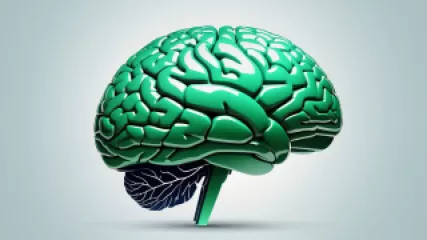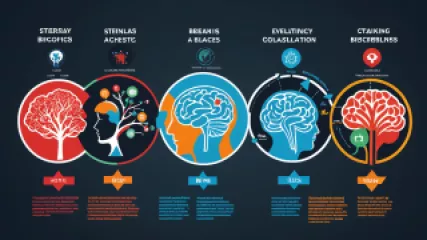My Journey to Behavioral Change: Overcoming Challenges and Improving Mental Health
for 1 år siden
Adfærdsændring
The Ultimate Guide to the Psychology of Gambling
for 1 år siden
Spillets Psykologi
Top 10 Mental Health Advocacy Initiatives to Support
for 1 år siden
Advokatarbejde i Mental Sundhed
Overcoming Cognitive Biases: A Crucial Step Toward Rational Thinking
for 1 år siden
Kognitive Biaser
The Case for Behavioral Change: Embracing Mental Health Improvement
for 1 år siden
Adfærdsændring
How to Overcome Shyness: 7 Proven Strategies
for 1 år siden
Overvinde Generthed
Unraveling Overeating Habits: A Research Summary
for 1 år siden
Spisevaner
How to Overcome the Victim Mentality: 5 Self-Improvement Strategies
for 1 år siden
Overvinde Offermentalitet
How to Overcome the Psychology of Gambling Addiction
for 1 år siden
Spillets Psykologi
Exploring Critical Thinking: Understanding Cognitive Biases
for 1 år siden
Kognitive Biaser
What is the Best Way to Find Bereavement Support Online?
for 1 år siden
Sorgstøtte
10 Powerful Advocacy Strategies to Improve Mental Well-being
for 1 år siden
Advokatarbejde i Mental Sundhed
Overcoming Anchoring Bias: A Step-by-Step Guide
for 1 år siden
Kognitive Biaser
Uncovering the Insights: A Research Summary on Cognitive Biases
for 1 år siden
Kognitive Biaser
10 Best Online Grief Counseling Services for Bereavement Support
for 1 år siden
Sorgstøtte















